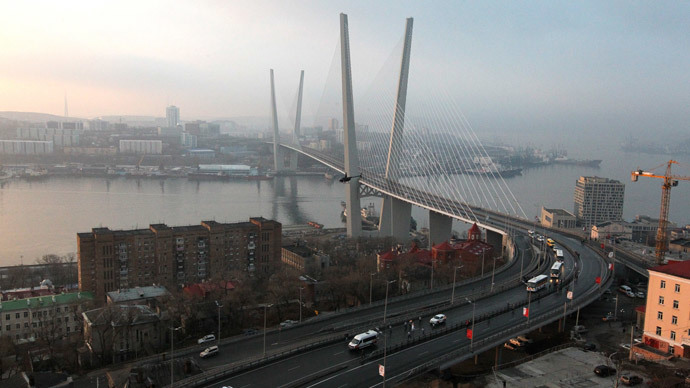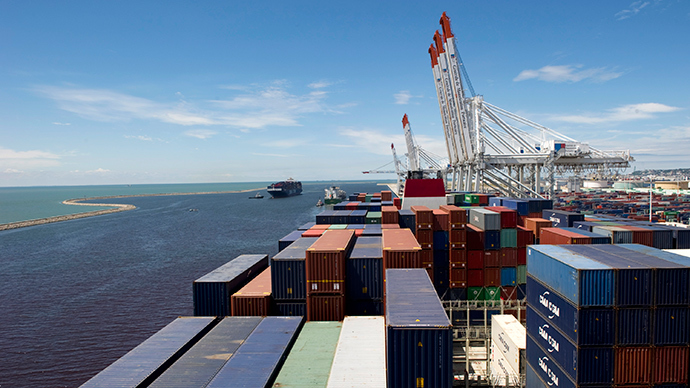Russia and China may set up a common economic zone in Russia’s Far East, the deputy head of China’s government, Li Yuanchao, said at the St. Petersburg Economic Forum.
He also said that big projects of strategic importance represent the key bases of the long-term trade and economic collaboration.
“We know that Russia sets a high value on the development of its Far East and views China in this respect as the priority partner. The Chinese government, for its part, approves of the activity of China’s business in this development,” Li Yuanchao stressed.
On top of that, he suggested uniting the program of the Russian Far East’s development and the development of northeastern China.
“In such a way, we can assist the integration of the workforce, material and financial opportunities of these two regions. And turn the two into a big market with effective allocation of resources in terms of capital and technologies – and gradually into a new economic bloc in Asia,” Li Yuanchao stated.
This comes just days after Moscow and Beijing signed a historic gas deal which will provide China with the natural gas it needs to keep pace for the next 30 years, starting from 2019.
The total value of the contract is $400 billion, Gazprom CEO Aleksey Miller said. This is the biggest-ever deal for the Russian gas giant.
Gazprom has so far not revealed the gas price for China, while Aleksander Medvedev, head of Gazprom Export, said it is above $350 per 1,000 cubic meters.
Infrastructure investment from both sides will be more than $70 billion and is set to become the world's largest construction project.
Russia is to supply China with 38 billion cubic meters of gas per year via the eastern 'Power of Siberia' pipeline, which crosses Siberia and reaches China's populous northeast regions. A route that could deliver gas to China's western provinces and provide diversification is also in the works, according to President Putin.
The landmark deal comes amid the Western community stepping up the sanctions against Russia over the Ukrainian crisis. This sanctions rhetoric by the West is something Chinese investors are going to take opportunity of.
They are ready to replace European companies if the EU goes on with the “irresponsible” policy of sanctioning Russia, Reiner Hartmann, chairman of the Association of European Businesses in Russia told RT in an exclusive interview.
“I’ve heard about 20 or 57 Chinese high-tech companies ready just to move in and replace Alstom, Siemens, BASF, and Bayer, just to name the few. It’s amazing!” he said.
The EU and the US have introduced several waves of sanctions against Moscow after the Republic of Crimea voted to cut ties with Ukraine and reunited with Russia in March. The restrictive measures target individual Russian politicians and businessmen, with travel bans and asset freezes introduced against them.
However, the EU government keeps repeating that idea of sanctions against specific branches of the Russian economy remains on the table.


